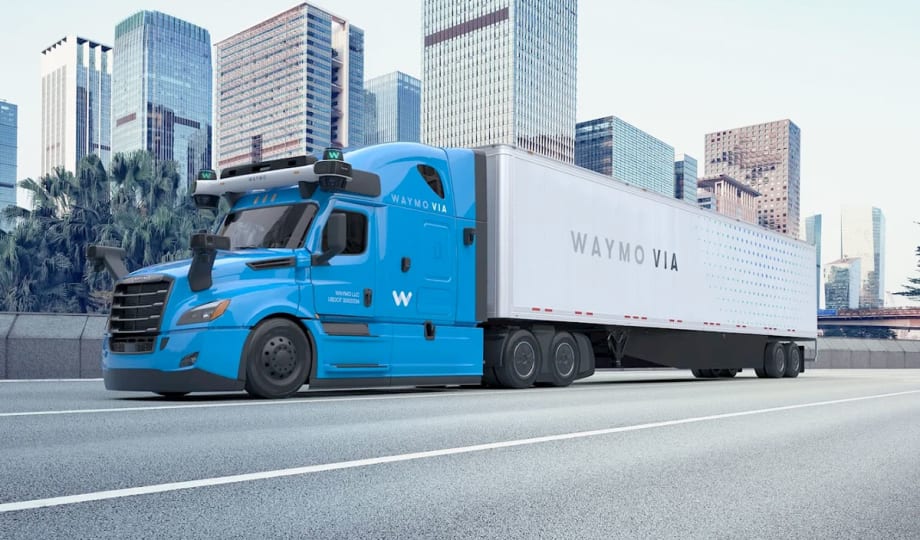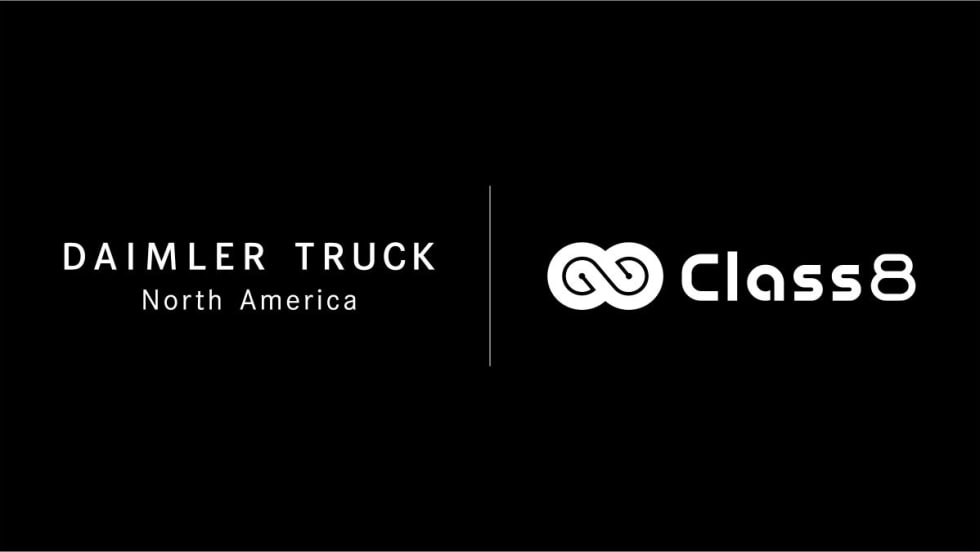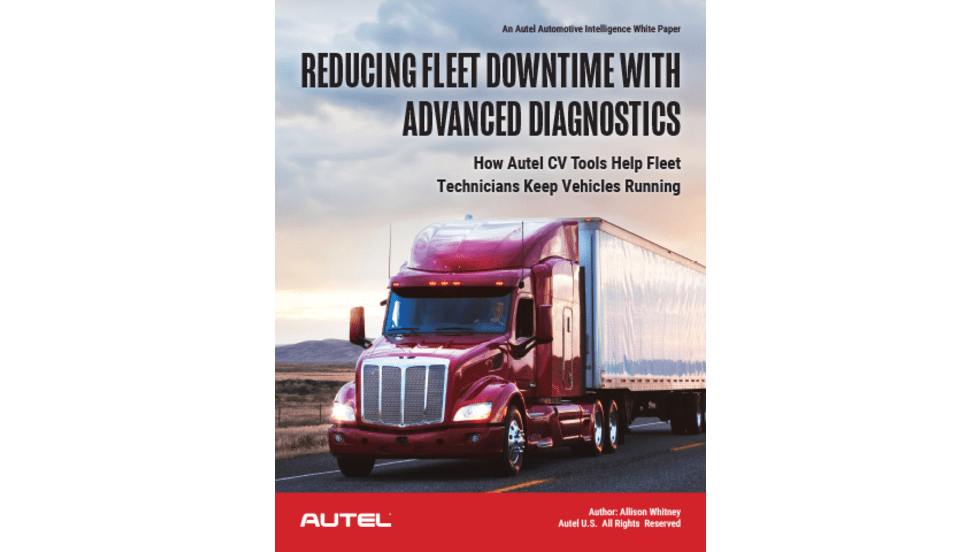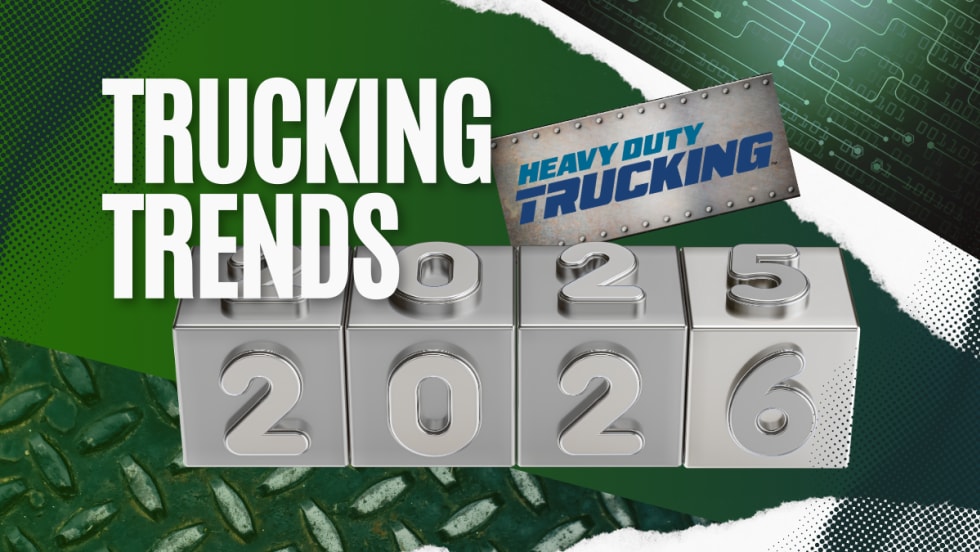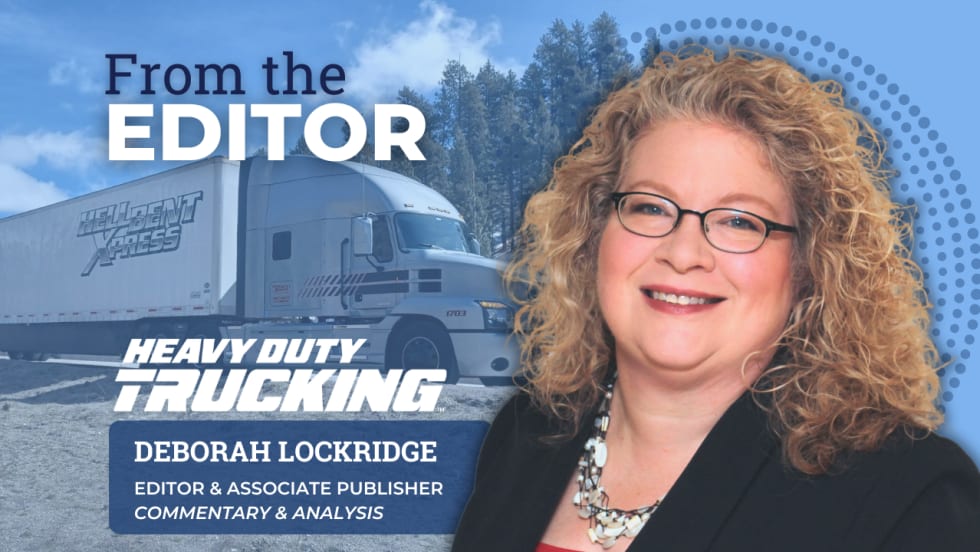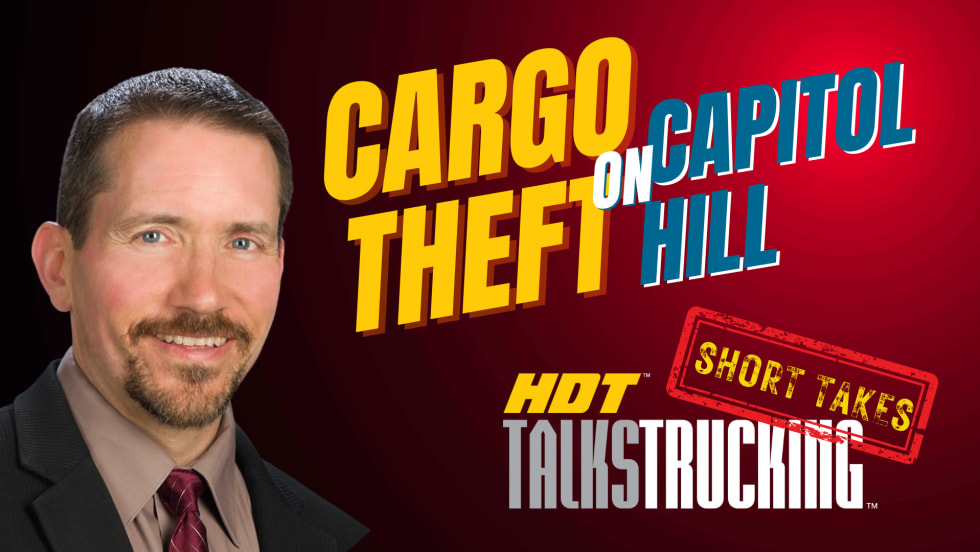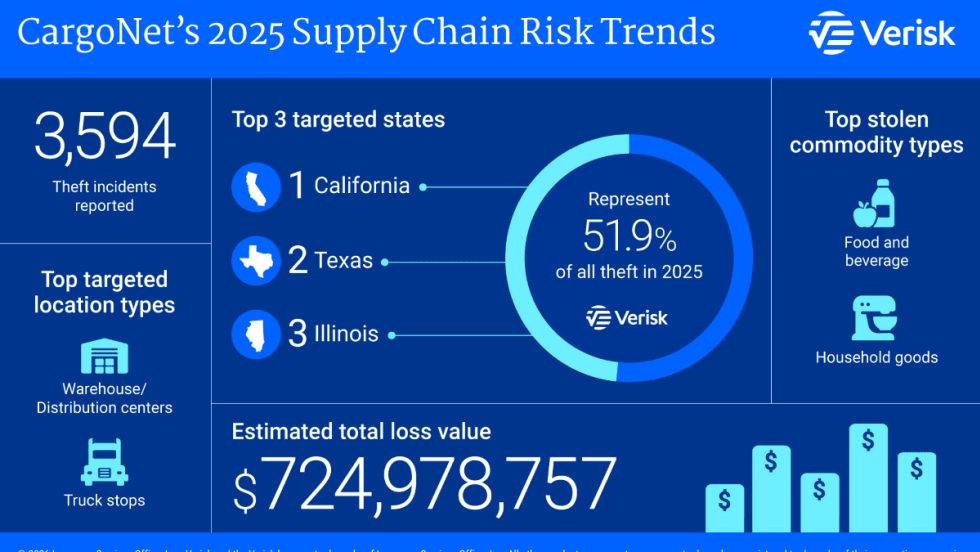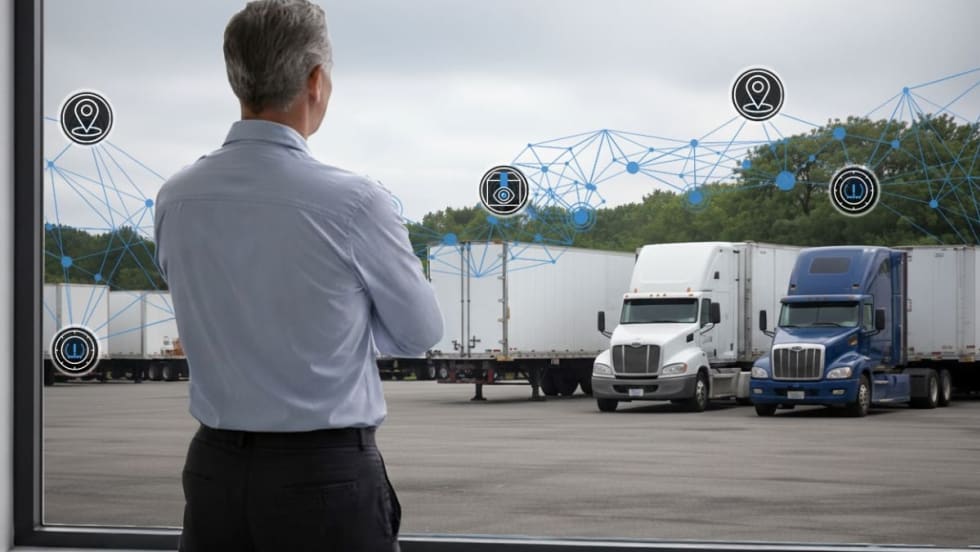Waymo says it will focus its resources on driverless taxi and ride-hailing services, but it will continue collaborating with Daimler Truck North America to advance an autonomous truck platform.
Autonomous truck developer Waymo is stepping back from developing a fully autonomous Class 8 truck and shifting engineering resources to the ride-hailing and robotaxi market.
The move was announced July 26 in a company blog penned by co-CEOs Tekedra Mawakana and Dmitri Dolgov.
“Given the tremendous momentum and substantial commercial opportunity we’re seeing on the ride-hailing front, we’ve made the decision to focus our efforts and investment on ride-hailing,” the blog noted, adding, “With our decision to focus on ride-hailing, we’ll push back the timeline on our commercial and operational efforts on trucking, as well as most of our technical development on that business unit.”
Reports emerged, on TechCrunch.com, back in January suggesting the company had laid off engineering and support workers from its heavy truck unit, known as Waymo Via. The authors of the Waymo blog didn’t mention any layoffs. They instead focused on the market potential for driverless taxis.
“... [We] are seeing significant business growth and rider demand in San Francisco, Phoenix, and Los Angeles,” the blog said.
The ride-hailing service, known as Waymo One, is thriving in Phoenix and the surrounding area. The company announced in May it would double the size of that fleet, hoping to see a tenfold increase in rider demand.
Waymo in Trucking
Waymo got its start as the Google Self-Driving Car Project in 2009. It put its first AI-powered Class 8 truck on the road in the spring of 2017. The aartificial intellience system, referred to as the Waymo Driver, has driven over well over 20 million miles autonomously (with safety drivers at the wheel) on public roads across 25 U.S. cities.
By spring of 2020, Waymo had secured funding of $3.25 billion from major investors. In the fall of 2020, Waymo and Daimler announced a global strategic partnership that combined Waymo's automated driving technology with a unique version of Freightliner’s Cascadia.
At the time, Martin Daum, then chairman of the board of management at Daimler Truck AG, said the strategic partnership with Waymo was an important step toward bringing production versions of highly automated trucks to the road.
"This is a historic moment, when the best in truck manufacturing meets the best in software, which is Waymo, and to combine the two forces," he said in an online media briefing. "We're delivering what we call a redundant chassis that is able to be electronically driven to someone who can provide the software that makes that happen safely."
Along the way, Waymo established partnerships with fleets such as UPS, J.B. Hunt, Ryder and others, while expanding its operations from Arizona to Texas.
Waymo Collaborations
“As we are doubling down for the time being on our number one commercial bet, Waymo One, we will not be continuing our current freight pilots or other collaborations with J.B. Hunt and UPS,” Waymo offered in an emailed statement to HDT. “We thank them for their collaboration up to this point and look forward to possibly continuing our collaboration with them in the future.”
Asked for his thoughts on why Waymo might be scaling back or even withdrawing its interest in trucking, Richard Bishop, an autonomous vehicle consultant and principal at Bishop Consulting, told HDT the snail’s pace of the regulatory process may have played a role.
“Even though at the state level it is now possible to deploy automated trucks, federal government regulations have moved much slower than expected, which I imagine played into the Waymo Board’s thought process,” he said.
Citing Gatik’s launch of commercial driverless operations with Waymo a couple years ago, operating short-haul B2B, Bishop said local and long-haul trucking is a big market and very lucrative.
“The payoff that motivated all this work [and investment] in the past few years is as promising as ever,” he said. “To move freight at a much lower price, without the restrictions of driver hours limits, is a massive gamechanger.”
Reaction
Responding to Waymo’s move, Stefan Seltz-Axmacher, CEO and co-founder at Polymath Robotics and former CEO of now-defunct Starsky Robotics, one of the first major players to back away for the heavy truck AI business, said in a blog post on LinkedIn, “Sorry to hear about the end of the Waymo Via autonomous trucking program. Though I had heard rumors for the last months, I think the trucking world (and the public in general) is losing much seeing one of the last feasible autonomous trucking efforts get indefinitely put on ice,” he said.
“On the one hand — this is a ridiculous decision given the incredible potential of trucking vis a vis other public road autonomy efforts. On the other — a research lab within a research lab is an obvious area to cut when Big G [Google] sees breadwinner competition from Open.ai.”
While Waymo stressed it would continue collaborating closely with Daimler, it offered no date for the resumption of driverless operation or milestone targets.
“We don’t have specific timelines to share at the moment, but we still intend to deploy the Waymo Driver in trucking in the future,” Waymo indicated. “We’re developing a generalizable Driver, continuing our work on freeways, continuing our partnership with Daimler Truck – all of which will help us to be ready to stand up our trucking efforts when the time is right.”
Meanwhile, DTNA told HDT in a prepared statement that it would continue on its path to develop and commercialize autonomous trucks by the end of the decade.
“With a majority stake in Torc Robotics, we aim to enter the market with SAE Level 4 autonomous trucks in the United States in 2027,” DTNA said, adding, “Over the years, we've consistently emphasized that autonomous truck development is not a race, but a marathon, and we respect Waymo’s decision to adjust its own timeline.”
DTNA also said it would continue work with Waymo as a strategic partner to advance the technical development of the autonomous truck platform.
“Waymo’s ongoing investment in enhancing the capabilities of the Waymo Driver, particularly on the freeway, will translate directly to the trucking business and benefit its development efforts. In addition, opportunities will arise to jointly explore the potential of future platforms,” DTNA’s statement noted.




